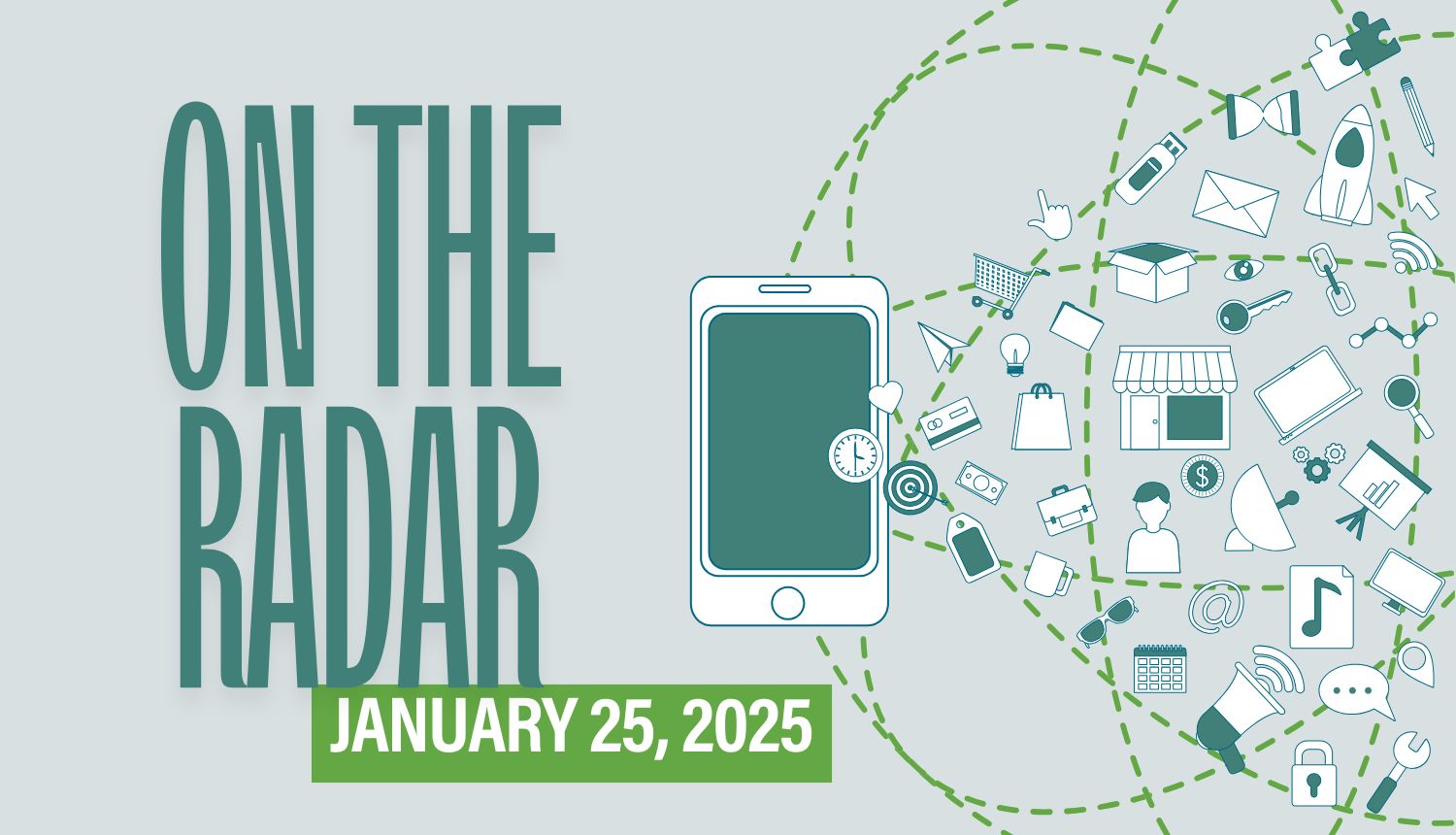Teens Are Increasingly Subjected to Prejudice and Racial Harassment When Gaming
What? A new report released by the Anti-Defamation League Center for Technology and Society (ADL) found that “almost half of the hour-long game plays” on Fortnite, Valorant, Counter-Strike 2 and Overwatch 2 (which each attract millions of daily users) “included some form of harassment, such as slurs, trash-talking or disrupted play.”
So What? Authors of the study said one-third of this harassment was “identity-based,” meaning that it directly assaulted the player’s religion or nationality as identified in usernames. However, study participants said they expected more abuse, hinting at how normal this harassment has become.
Now What? Experts have several suggestions to help parents mitigate this sort of abuse (both initiating and receiving). Talk frequently with your child about their online gaming experiences, so they feel safe sharing their concerns with you. Ensure they know how to handle harassment—whether by blocking certain users, reporting violations or even just walking away from the game for a while. Establish screen time limits for video gaming and restrict them to games appropriate for their age. Finally, talk about appropriate and inappropriate behavior so they can recognize the difference. And just as you would want to know your child’s real-life friends, know their virtual friends too.
1 in 8 Students Abandon College Dreams Before They Even Apply
What? According to a College Rover Study, “nearly 13% (1 in 8) of prospective college applicants abandoned their plans due to application stress.”
So What? Not attending college could adversely affect your child’s career. A study by Georgetown suggests that in 2031, 72% of all U.S. jobs will go to workers with education beyond high school, and those who have a bachelor’s degree will earn 84% more over a lifetime compared to those with only a high school diploma.
Now What? If your teen shows signs of becoming overwhelmed by the application process (evading questions about college, becoming emotional when the topic is broached or even fixating on the details of the process), don’t ignore it. Experts suggest regulating the number of college discussions at home, balancing academics with other responsibilities (like chores), and focusing on importance, not urgency. So rather than adding pressure—such as reminding them of looming deadlines—we should respond with empathy and practical support.
Teenagers Are Unwilling to Comply with Phone Bans at School
What? As cell phone distraction has increased at schools nationwide, several states have enacted bans, to varying degrees of severity.
So What? Unsurprisingly, teenagers aren’t exactly the biggest proponents of these restrictions. And they’re sharing videos on social media about how to get around these rules, including submitting their old, unused devices or even creating fake phones out of cardboard.
Now What? Not all parents support cell phone bans, since they want to be able to contact their child in case of emergency. That’s certainly a valid concern, but the teens submitting fake or old phones likely aren’t doing so for legitimate reasons. So talk to your teen about the reason for needing a phone during class time—mitigating boredom through social media apps or games probably isn’t worth getting busted over. And consider purchasing a “dumb” phone for emergency use only, monitoring how that phone is used to ensure it doesn’t become a distraction on its own.


